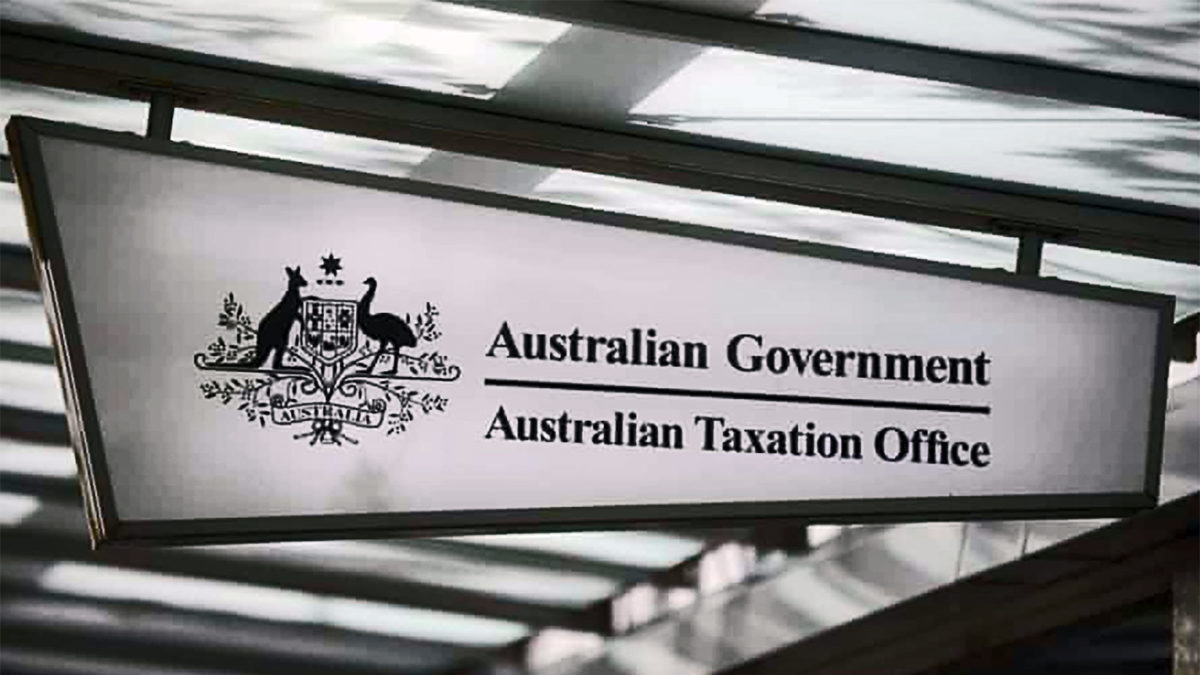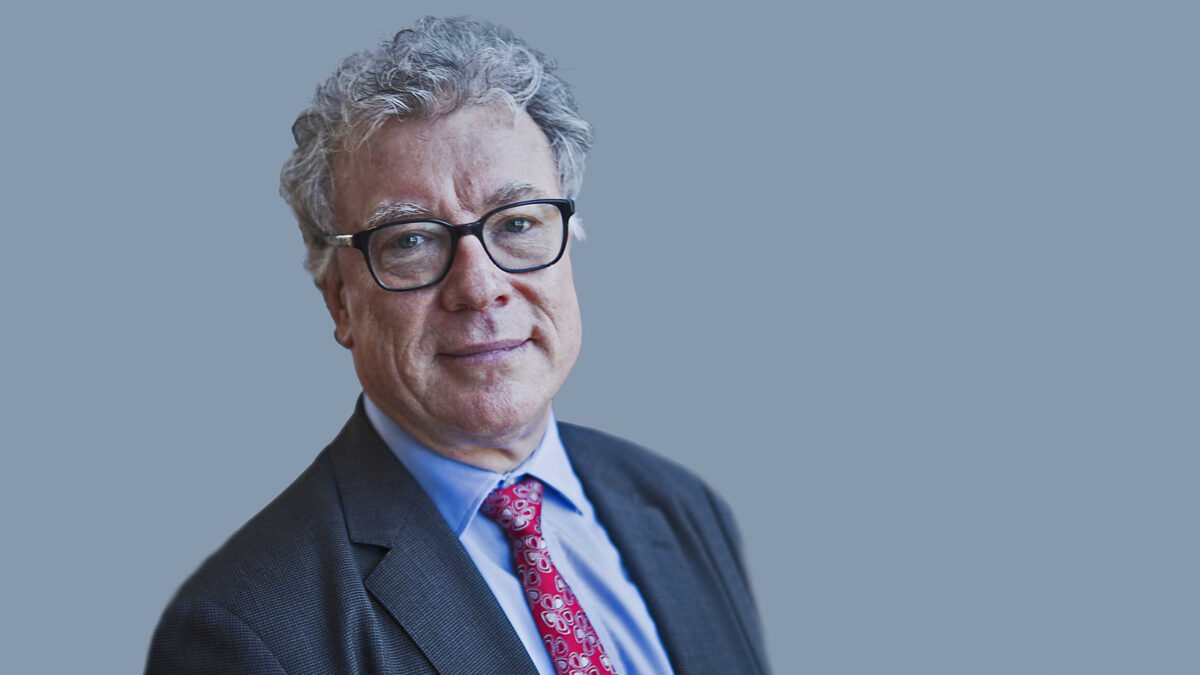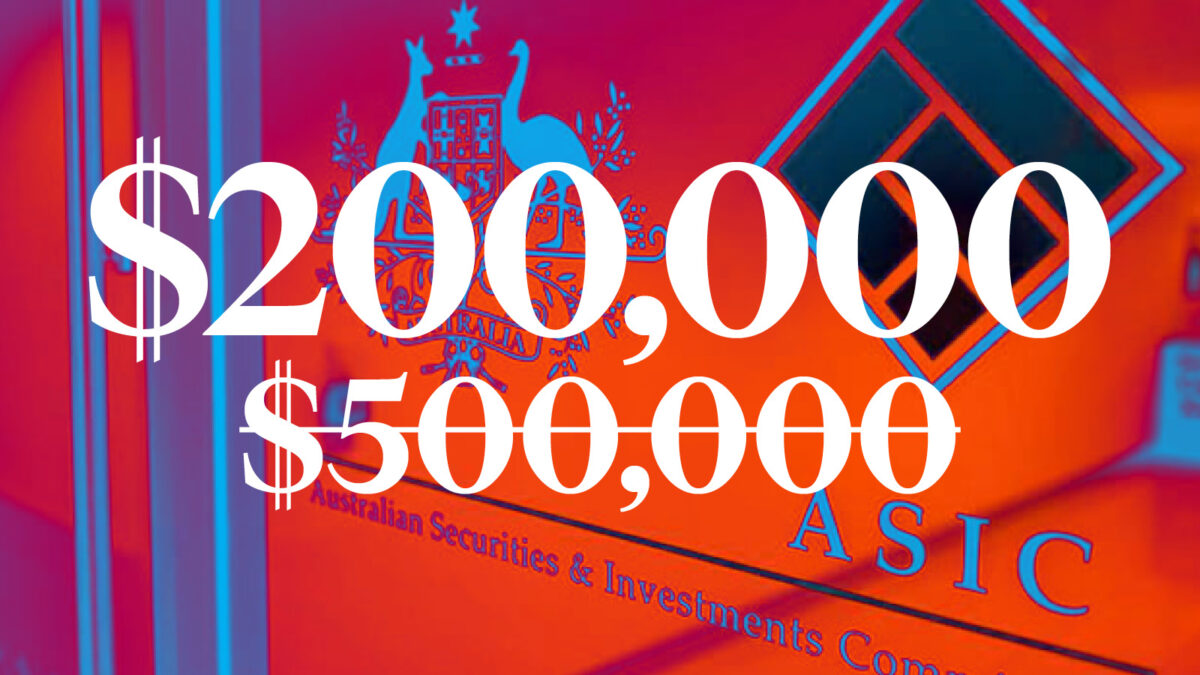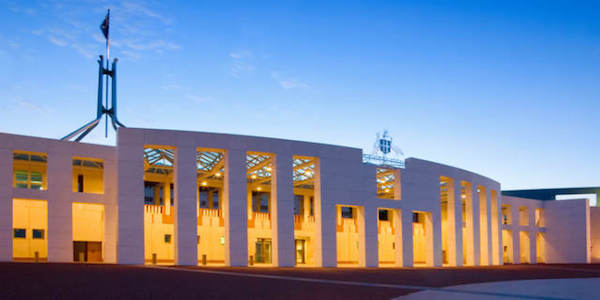-
Sort By
-
Newest
-
Newest
-
Oldest
After the regulator abandoned its $500K minimum balance guidance, the SMSF Association says it hopes licensees will reconsider some of the concerns they may have had about low-balance funds.
This week saw the release of the Australian Taxation Office’s (ATO’s) latest quarterly data on the self-managed super fund (SMSF) sector. The information provides a unique insight into what has been a sector under pressure for many years now, as both regulators and industry fund alternatives fine-tuned their focus. The takeaway from the latest publicly…
It may be a lull between storms but the SMSF Association has no major political battle to contend with at the moment, instead focusing on smaller issues to do with regulatory change and embarking on new research about small funds’ performance in case that becomes an issue in future. John Maroney, the association’s chief executive,…
The recently announced Your Future, Your Super proposed performance test has raised concerns on the potential of unintended consequences in the government’s pursuit of better performing funds. Clearly, the government is squarely focused on the relationship of fees and performance against a standard asset allocation framework. However, many pundits believe the current proposal would see…
SMSFs are not as expensive to operate as many, including ASIC and the Productivity Commission, have led us to believe, according to a report by consulting actuaries Rice Warner, and published to coincide with the start of ‘SMSF Week’. The report was commissioned by the SMSF Association (SMSFA) which has been continually irked by both…
The Financial Services Council (FSC) is to now prepare a policy discussion (a ‘green paper’) for the industry and government, to be delivered in 2021, following the release of a major report by Rice Warner proposing sweeping changes to Australia’s financial advice system. The Rice Warner report was commissioned by the FSC and discussed at…
The debate about whether compulsory employer superannuation contributions should be increased from the current level of 9.5 per cent is constantly simmering, waiting for the next opportunity to boil over.











